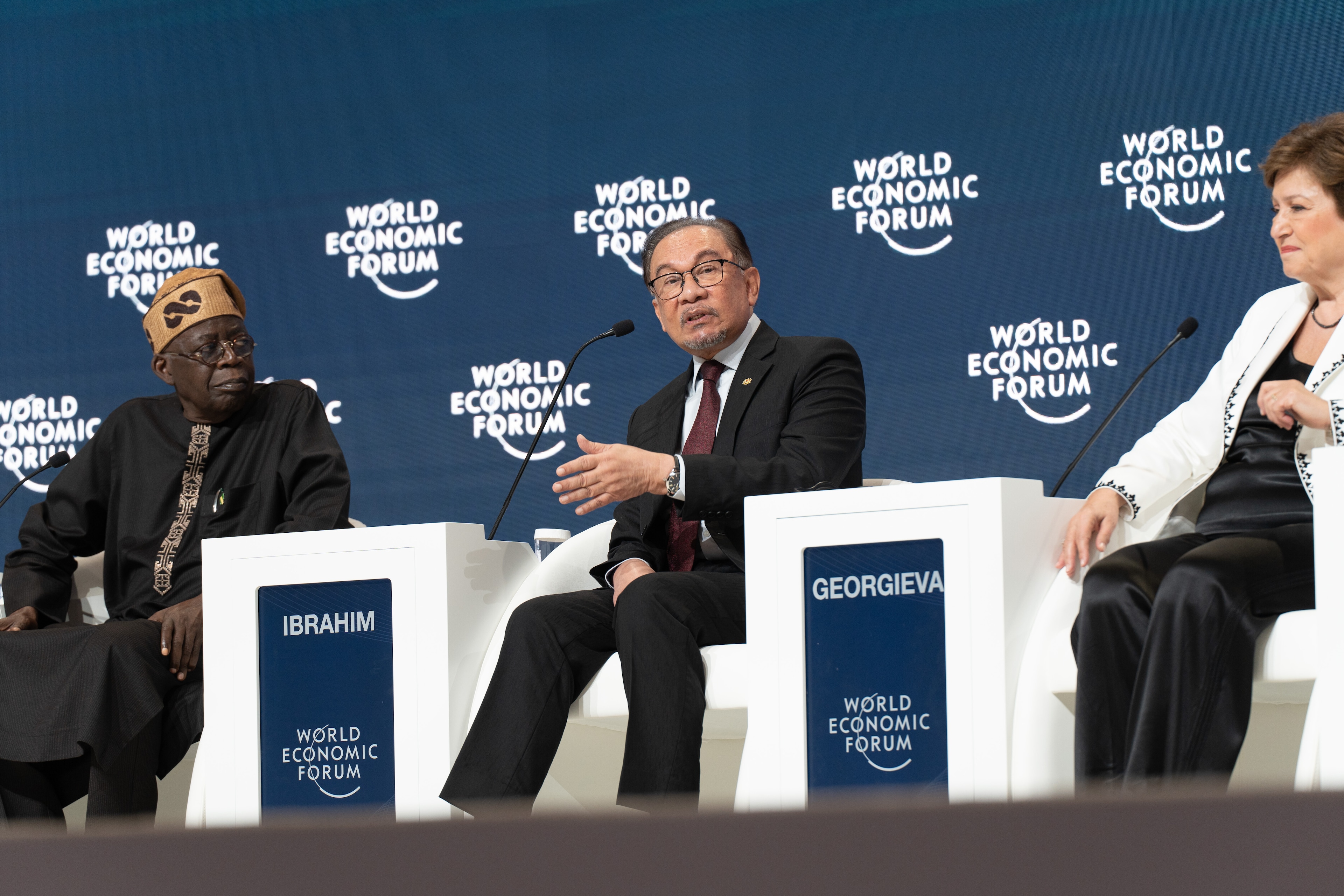Kids' reading achievement is highest in these countries

Across all education systems, pupils who like reading perform better than pupils who don't. Image: Unsplash/aaronburden

Get involved with our crowdsourced digital platform to deliver impact at scale
Stay up to date:
Education, Gender and Work
Listen to the article
- Children in Singapore and Hong Kong SAR lead the way on global reading achievement, according to a wide-ranging global study.
- The COVID-19 pandemic had a negative impact on many areas of education, and was reflected in a decline in reading achievement in many countries.
- Investment in education could add an additional $2.54 trillion in increased productivity to the global economy, says a World Economic Forum report.
Singapore and Hong Kong SAR lead the way on students’ reading achievement globally, according to the Progress in International Reading Literacy Study (PIRLS), which is published every five years.
Russia is in third place, while England rose to fourth from eighth, and Finland came in at fifth.
PIRLS has monitored trends in reading around the world since 2001. The 2021 report, which has just been published due to pandemic delays, is the fifth cycle of data collection. About 400,000 students aged around 9-10 years old were assessed.
Students in Singapore scored 587, while those in Hong Kong SAR scored 573, compared with a mid-point of 500, the study showed. South African students scored the lowest, at 288.
Overall, the results showed progress across the board. Most countries had at least 85% of their students reaching the Low International Benchmark, which means they are able to read straightforward texts.
Around a third of the students in the majority of countries reached the High International Benchmark, which means they can interpret, integrate and evaluate a variety of text and visual elements.
Pandemic effect
Data in the 2021 study reflects the impact of the COVID-19 pandemic, which shuttered schools around the world. Declines in reading achievement were recorded in 21 of the 32 countries that had comparable data between 2016 and 2021. Eight showed no change and only three showed higher achievement.
Staying home adversely affected learning for two-thirds of the students, according to parents who responded to the survey. Of those, 22% said learning was affected “a lot” and 45% said it was affected “somewhat”.
The report also underscored how the COVID-19 pandemic exacerbated existing challenges in global education, a theme explored in the World Economic Forum’s report Catalysing Education 4.0: Investing in the Future of Learning for a Human-Centric Recovery.
Investing in education
Millions of children around the world missed out on school time, according to that report, which advocated a comprehensive approach to investing in high-quality, innovative and future-proof education systems.
The report highlights the need for the concept of Education 4.0, which focuses on inclusive education, a broad range of skills and leveraging technological innovation. Investing in a child's education yields significant returns, it says, with an additional year of education leading to higher lifetime earnings and an additional $2.54 trillion in increased productivity to the global economy.
What is the World Economic Forum doing to improve digital intelligence in children?
A gender gap favouring girls has been evident in each of the reports compiled so far, and was again evident in the PIRLS report. Girls had higher scores in 51 of the 57 countries assessed, and on average scored 19 points higher than boys.
“Girls had higher average achievement than boys in almost all the countries,” the report said. However: “There was no significant difference in achievement between boys and girls in Spain, the Czech Republic, Israel, Malta and Iran.”
Across all education systems, pupils who like reading achieve higher on average in PIRLS than pupils who do not like reading. Home support is critical, the report said, with students with higher engagement at home scoring higher in tests across the board.
“Higher average reading achievement and more positive attitudes tend to exist in mutually reinforcing relationships,” the press release accompanying the study said. “PIRLS 2021 data show a positive relationship between students’ confidence in their reading skills and higher average reading achievement.”
Don't miss any update on this topic
Create a free account and access your personalized content collection with our latest publications and analyses.
License and Republishing
World Economic Forum articles may be republished in accordance with the Creative Commons Attribution-NonCommercial-NoDerivatives 4.0 International Public License, and in accordance with our Terms of Use.
The views expressed in this article are those of the author alone and not the World Economic Forum.
The Agenda Weekly
A weekly update of the most important issues driving the global agenda
You can unsubscribe at any time using the link in our emails. For more details, review our privacy policy.
More on Education and SkillsSee all
Gayle Markovitz and Kate Whiting
May 2, 2024
Jean-Claude Brizard
May 1, 2024
Adam Gavin
April 30, 2024
Pedro Rocha e Mello, Anurit Kanti, Rita Lousa and Shankar Keshav Prasad
April 30, 2024
Tanya Milberg
April 28, 2024








